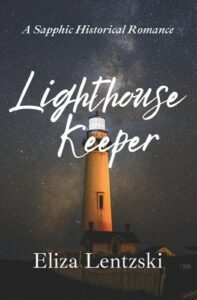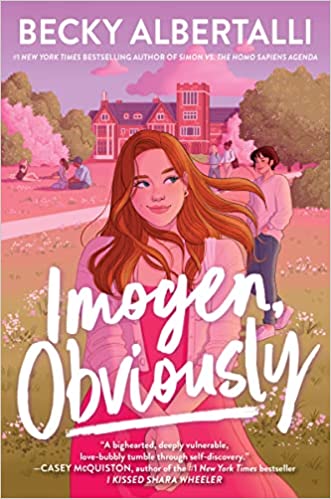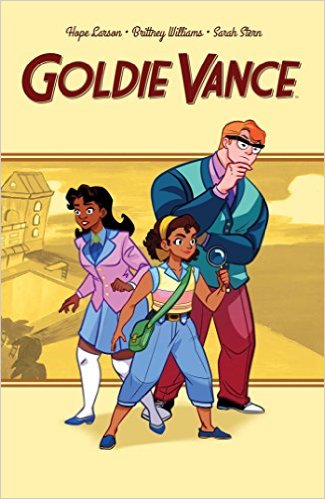Buy this from Bookshop.org to support local bookstores and the Lesbrary!
Historical sapphic romance—who knew that would be my “type”? Though it shouldn’t have been a huge shock, given that I love a good Western or a trek through the Alaskan Wilderness any day. I’ve noticed lately that some of my favorite historical fiction authors who create the most immersive experiences have some serious research chops to back up their writing. Sarah Waters? PhD in LGBTQ+ centric English Lit. Caro Clark? PhD in medieval history from Oxford. Eliza Lentzki? Historian by profession. Lentzki, who already writes with quite a range, has mostly stuck to contemporary settings until now, but she makes the transition to historical world building look effortless.
Jo/Joana Pascoal is a “wickie” in training, the new assistant to an aging lighthouse keeper at “the end of the earth,” aka Provincetown, MA in the late 1800’s. Jo is the daughter of a family of Portuguese immigrants who are barely making ends meet while her eldest brother is off at sea. While she initially begins posing as a man solely to help out her family’s financial situation, Jo finds she’s most comfortable living under the guise, preferring the freedom and comfort it brings. Things are going well for Jo at the lighthouse until she meets the acquaintance of the shopkeeper’s daughter, Lizzy Darby, who becomes a distraction she can’t ignore, despite the risk to her undercover identity.
Lizzy’s days are mostly filled with working the general store her parents own, and accompanying her father on his weekly delivery to the lighthouse. Her parents desperately want Lizzy to marry, though she has no desire after her betrothed was lost at sea (though one gets the idea her desire may have been lukewarm even during that courtship). She’d much prefer to spend time in the library or digging for clams than entertain the vapid young eligible bachelors in town. When her world collides with Jo, the mysterious new wickie of few words, she finds them to be infuriating, arrogant, and an object of her fascination. Their story is one of second chances, found family, and compromise.
Lentzki also addresses the general attitudes of the time toward sexuality, gender, and a woman’s place in society. Their effects on the main characters are as oppressive as one might expect, though she also shines a light on those LGBTQ members of society who would have been hiding in plain sight: a secret subculture and community for those who knew where to look.
While at times the writing style evokes Sarah Waters, Lighthouse Keeper is solidly in the romance genre: a slow burn, with well crafted prose and imagery. Vivid depictions of the fresh oranges brought from Jo’s home in the Azores, both decadent and rare, and the fresh, salty clams…well, you’ll just have to read that bit for yourself.


